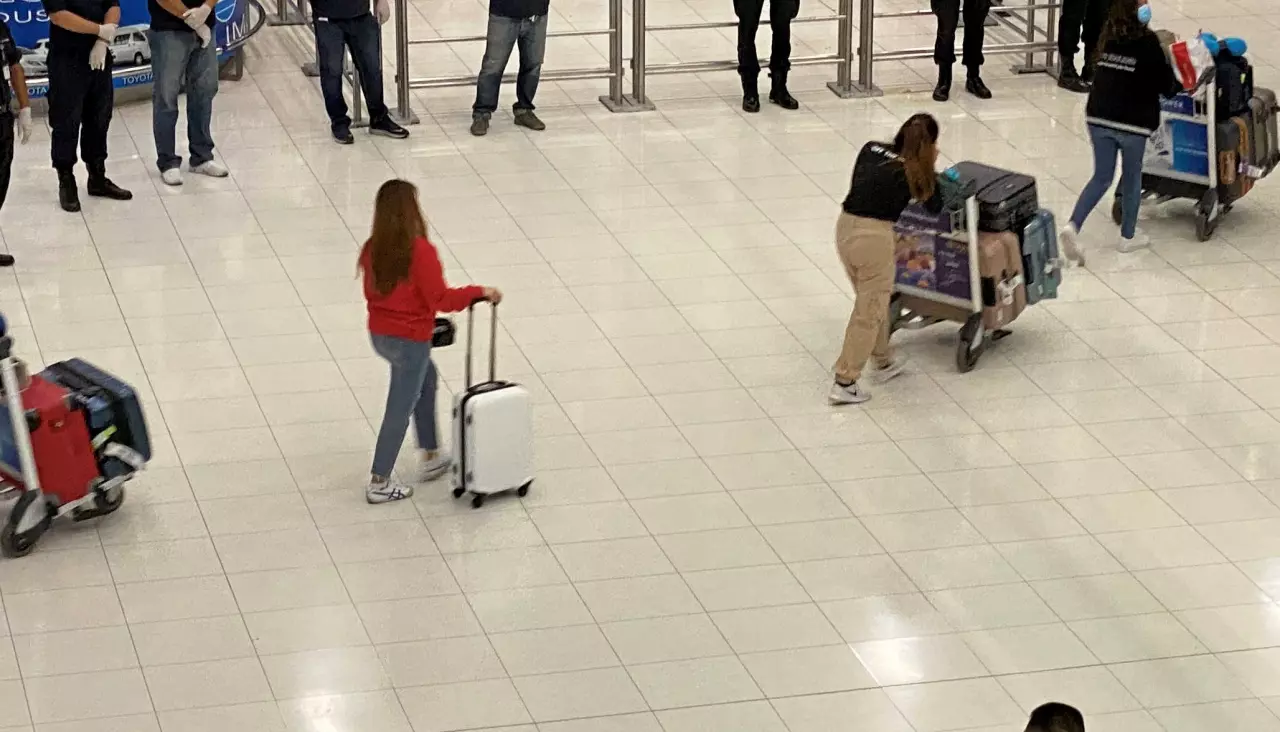Thai tourists’ Korea travel ban outcry impacts agencies amid visa woes

Following a surge in posts under the hashtag #BanTravelToSouthKorea (#แบนเที่ยวเกาหลี) on the Twitter (X) platform, tourism agencies are being urged to pay heed to the concerns of Thai tourists. Over a million posts were generated during the past weekend alone, highlighting the losses suffered by both tourists and tour operators in recent years.
The Korea Tourism Organisation (KTO) reported that as of September, 269,347 Thai visitors had travelled to South Korea. This places them sixth on the list of top visitors, behind tourists from Japan, China, America, Taiwan, and Vietnam. However, there has been a noticeable decrease compared to the 2019 peak, when as many as 571,610 Thai tourists visited South Korea.
Charoen Wangananont, the president of the Thai Travel Agents Association, expressed scepticism about the KTO’s hopes of regaining the 2019 level of Thai visitors this year. This is primarily due to rising anxieties among Thai travellers, particularly those related to being denied entry into South Korea.
Multiple users on Twitter shared their experiences of being turned away at the immigration stage. Some even had to return to Thailand, ruining their long-planned holidays. Many Thai users, consequently, prefer countries like Japan and Taiwan that offer visa-free travel to Thais and do not pose the risk of being denied entry, reported Bangkok Post.
Thai users have urged the Thai and South Korean governments to address the issue of illegal labour exports, which is believed to be a significant reason for denying entry to many tourists. In response, Prime Minister Srettha Thavisin stated yesterday, October 31 that relevant authorities would investigate the matter.
Charoen sympathised with the plight of the tourists, who lose both time and money when denied entry, often without a clear explanation. Outbound tour operators are also negatively impacted, with losses between 70,000 and 80,000 baht for each group of 40 tourists, as some are randomly denied entry.
Korea immigration process
However, Charoen also acknowledged South Korea’s strict immigration process. Post-pandemic, there has been a surge in Thais entering South Korea to work illegally on rural farms, often for lower wages than local workers. This, as Charoen pointed out, has led to stricter immigration checks, which unfortunately also affect legitimate tourists.
To resolve this predicament, Charoen suggested that Thailand and South Korea collaborate to dismantle corrupt networks, particularly those facilitating illegal labour. He noted that Taiwan, which has many legally registered Thai workers, provides a good example of a transparent registration process, thereby reducing tourists’ fears of being denied entry.
Latest Thailand News
Follow The Thaiger on Google News:


























